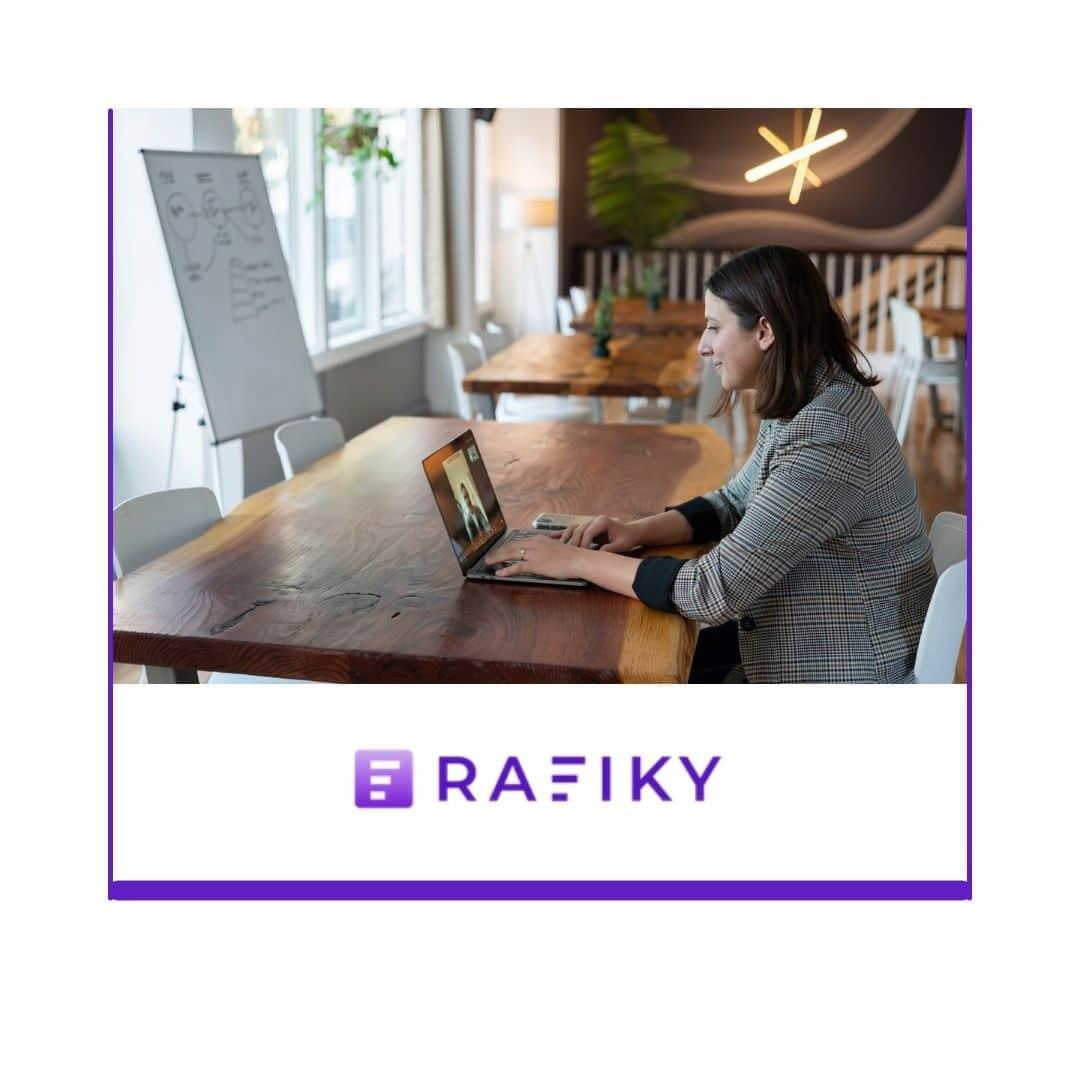Rafiky offers telephone and video interpreting services, in line with the needs of its customers and with the latest trends in the world of interpretation and event organization. Online interpreting services are very successful because they are meant to be a professional and innovative solution to overcome linguistic and physical barriers. Companies can easily organize international events, enjoying the advantages of remote interpreting. Especially during the lockdown period, the digital world and virtual initiatives have taken hold in the real life of people and businesses. The new frontier of online interpreting has been perfectly accompanied by the evolution of smart working, increasingly popular in the business field. The particularly versatile and practical, as well as economic, nature of the remote mode was the aspect that caught the attention of Italian and foreign companies.
The events organized online can be attended by not only the organizers and participants, but also by the interpreters themselves, just by connecting to the platform staying at home or their office. In fact, consecutive and simultaneous remote interpreters have found in the remote mode the possibility of working quickly and professionally.
Telephone interpreting
Telephone interpreting solves mainly the difficulty of organizing small events – generally one-to-one calls. In fact, this is a type of ready-to-use service, always available 24/7.
Remote interpreters on the telephone must have years of experience in their specific industry: the short notice, the urgent nature are the challenges that telephone interpreters can encounter. A high degree of concentration and memory is required of them.
In principle, in the over-the-phone interpreting (OPI) service, the interpreter prefers to work in consecutive way, in order to alleviate his work by taking notes and re-elaborating the telephone conversation between the interlocutors. The translation is performed according to more or less regular and short intervals between speaker and interpreter.
Video interpreting
Unlike telephone interpreting, video conferencing (or video remote interpreting) leverages the “visual” factor, often a surplus for the purpose of effective and complete communication. Video interpreting makes use of verbal and non-verbal communication, thanks to visual support. While on the phone, facial expressions, movements and gestures are not perceptible, the physical projection of the speakers makes the interaction between the parts more natural and “real”. Interpreting via video was a service that experienced an incredible exploit under Covid. The lack of physical contact and interpersonal relationships has been overcome thanks to technological and virtual solutions, such as online web conferencing. The restoration of a pseudo-normality for international meetings and events has lifted the spirits of many companies and businesses.
Since these are mostly large-scale events and conferences, for which the participation of hundreds of users was expected, the software is meant to allow for an extension in the capacity and functionality of the web conferencing platform. Remote interpreting services have allowed – and allow – an international accessibility never seen before. The virtual format, unlike the face-to-face mode, means that remote interpreters do not need to physically travel to remote places often difficult to reach by public transport.
Telephone interpreting or video interpreting are two of the most popular forms of linguistic interpretation.
Rafiky Press Office
